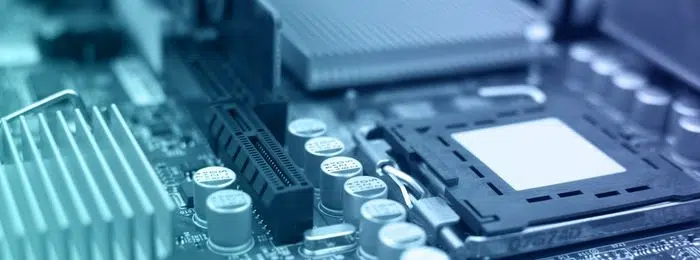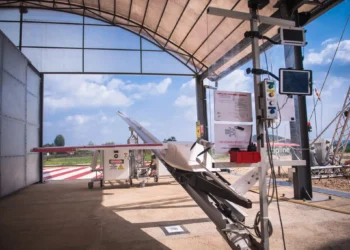For years, building hardware in Nigeria seemed like a dead end. High costs, limited funding, and a lack of specialised talent made it nearly impossible for local startups to break through. But now, that narrative is shifting because two Nigerian hardware startups are leading the charge.
NEV Electric Is Driving Africa’s EV Growth
NEV Electric is responsible for $14 million of the $16 million earned by Nigerian hardware startups in 2024. The company’s growth is fueled by Africa’s rising appetite for electric vehicles. Over 5,000 EVs are now on Nigerian roads, and NEV has already deployed 100 electric buses surpassing competitors like Kenya’s BasiGo.
The company projects it will hit $50 million in revenue within 15 months, signalling confidence in the EV market’s rapid growth.
Terrahaptix Taps into Oil, Mining and Software
Terrahaptix recorded $2 million in hardware orders, with strong demand for its drones from the oil and mining industries. But what really sets it apart is its focus on software. CEO Nathan Nwanchukwu explained that software was a strategic play and it’s already paying off.
The company’s ArtemisOS surveillance software recently secured a deal with the Aba Independent Power Plant, generating $60,000 annually in subscription fees. This recurring revenue gives the company an edge and helps attract investor interest.
Falling Costs and Open-Source Tech Fuel Growth
So what’s changed? According to Eliot Pence of Tofino Capital an investor in Terrahaptix, hardware is becoming cheaper to build. Automation, open-source platforms like Arduino and Raspberry Pi, and manufacturing strategies like Just-in-Time have helped startups cut costs by up to 30%.
Terrahaptix leveraged these advancements to scale faster and reduce overheads.
Investors Love Software-Backed Hardware
While hardware remains capital-intensive, startups that pair it with software are becoming more appealing to investors. Software not only adds intelligence to physical products but also opens the door to recurring revenue — something hardware alone rarely offers.
Terrahaptix and NEV Electric are both benefiting from this model, combining physical innovation with smart backend systems.
Hardware in Nigeria Still Faces Big Challenges
Despite these wins, Nigeria’s hardware ecosystem is still in its early stages. Many startups struggle due to poor infrastructure, lack of local production capacity, and a brain drain of talent.
Kifta Technologies, a Nigerian defence tech startup, had to move operations to the U.S. to survive. That’s the reality for many but it’s slowly changing.
Can Nigeria Become a Hardware Manufacturing Hub?
Nwanchukwu believes global shifts may soon favor African manufacturing. As Western countries reduce their reliance on Chinese-made hardware and China transitions toward a service-based economy, demand for affordable alternatives will rise.
Nigeria, with its large youth population and growing tech ecosystem, could fill that gap if the right support structures are in place.
The government’s recent ban on solar panel imports suggests a desire to promote local manufacturing. Whether that turns into meaningful policy support remains to be seen, but the momentum is building.
With startups like NEV Electric and Terrahaptix leading the way, Nigeria’s hardware future finally looks promising.




